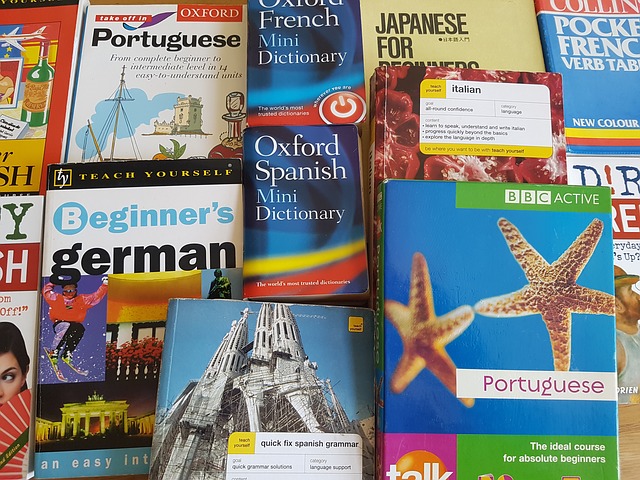What traits come out top when people think about the British? A preoccupation with the weather? Sporting and athletic prowess? An attachment to the Royal Family? Speaking foreign languages is unlikely to feature high on anyone’s list – and with good reason.
In the European Union, a 46% minority speak just one language, including the British. More than nine in ten of the UK population are monolingual, speaking only English. According to the European Commission, we Brits lag some way behind the 19% of Europeans who are bilingual, the 25% who are trilingual and the 10% who speak four or more languages.
Professor Antonella Sorace is director of the Bilingualism Matters centre at the University of Edinburgh, established to promote the benefits of having more than one language. Earlier this month, she delivered a seminar at the annual meeting of the American Association for the Advancement of Science, presenting her research team’s findings on how bilingualism and language learning improves the lives of children, adults of working age and retired people far beyond the convenience and pleasure of communicating with others.
Not only are children who speak two languages better at making themselves understood, they also understand others’ points of better and are more able to deal with complex situations. Lifelong language learning reaps lifelong rewards. Several studies have found that learning a language as an adult delays the ageing of the brain. In retired people, it enhances other mental abilities.
It’s hardly surprising that Professor Sorace is an advocate of compulsory language learning in schools and universities for all pupils and students – and she includes those who are studying STEM subjects at higher level. NEC student Aisha saw the benefits of language learning for herself and signed up for an IGCSE in French when she was going through the rigours of training to become a doctor. She had had little opportunity at school to study languages and knew when she began her medical training that she wanted to work with charities like Medicins Sans Frontiers when she had qualified.
Language-learning site Duolingo is a great way to give your brain a linguistic workout and test the waters before committing yourself to an IGCSE or A level. Launched in 2013, it already has more than 100 million users worldwide – and it’s free. Three of the four skills of language learning – listening, speaking and reading – are taught using online gaming techniques, with points earned and lives lost for correct and incorrect answers. There are 21 languages to choose from, including all the major European languages, and Japanese, Mandarin Chinese and Russian.
If you already speak French, Spanish, German, Italian or Arabic and want to find out what level you are at now, East Surrey College has gathered together links to a range of online assessments. Now’s the time to take the plunge, whether you want to revive a rusty language you learnt at school years ago or start from scratch with something completely new. Even if you don’t become fluent, it will do your brain a world of good.


Add a new comment
Current comments: 0